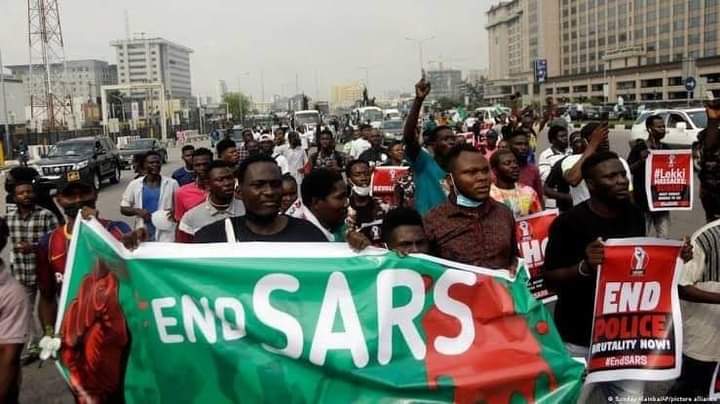On Wednesday, the Community Court of Justice, ECOWAS, ruled that the Federal Republic of Nigeria violated the human rights of Obianuju Catherine Udeh and two others during the EndSARS protests.
The court found Nigeria in breach of Articles 1, 4, 6, 9, 10, and 11 of the African Charter on Human and Peoples’ Rights, which cover the right to life, security of person, freedom of expression, assembly, and association, prohibition of torture, the duty to investigate, and the right to an effective remedy.
The court ordered Nigeria to pay N2 million in compensation for the violations and mandated the prosecution of the responsible security agents, requiring a report within six months on the measures taken to implement this judgment.
The applicants, Obianuju Udeh, Perpetual Kamsi, and Dabiraoluwa Adeyinka, alleged that these violations occurred during the peaceful protests at the Lekki Toll Gate in Lagos State on October 20 and 21, 2020.
Obianuju Udeh, the first applicant, claimed that soldiers shot protesters, resulting in deaths and injuries, which she live-streamed, subsequently receiving threatening phone calls that forced her into hiding and eventual asylum.
Perpetual Kamsi, the second applicant, described how soldiers began shooting after a power cut, leading to her hospitalization due to police tear gas.
The third applicant, Dabiraoluwa Adeyinka, claimed she narrowly escaped being shot, observed the refusal of ambulance entry by soldiers, and later witnessed inadequate hospital care for victims. She stated that she and her colleagues took over the victims’ care and faced ongoing threats and surveillance.
In an email to our correspondent, Justice Koroma Mohamed Sengu clarified that the court dismissed the allegation that the right to life under Article 4 of the ACPHR was violated. However, he emphasized that Nigeria must compensate the applicants for violations of their rights to security, prohibition of torture, and freedoms of expression, assembly, and association.
The court rejected the respondent’s claims that the protesters unlawfully assembled and that its agents followed strict rules of engagement. It also dismissed the assertions that the applicants incited violence or supported a violent protest, stating that Nigeria’s agents must be investigated and prosecuted for the violations.
The respondent denied all claims, stating that the treatment and care of the injured were managed by the Lagos State government and that the applicants provided no credible evidence to support their claims.
